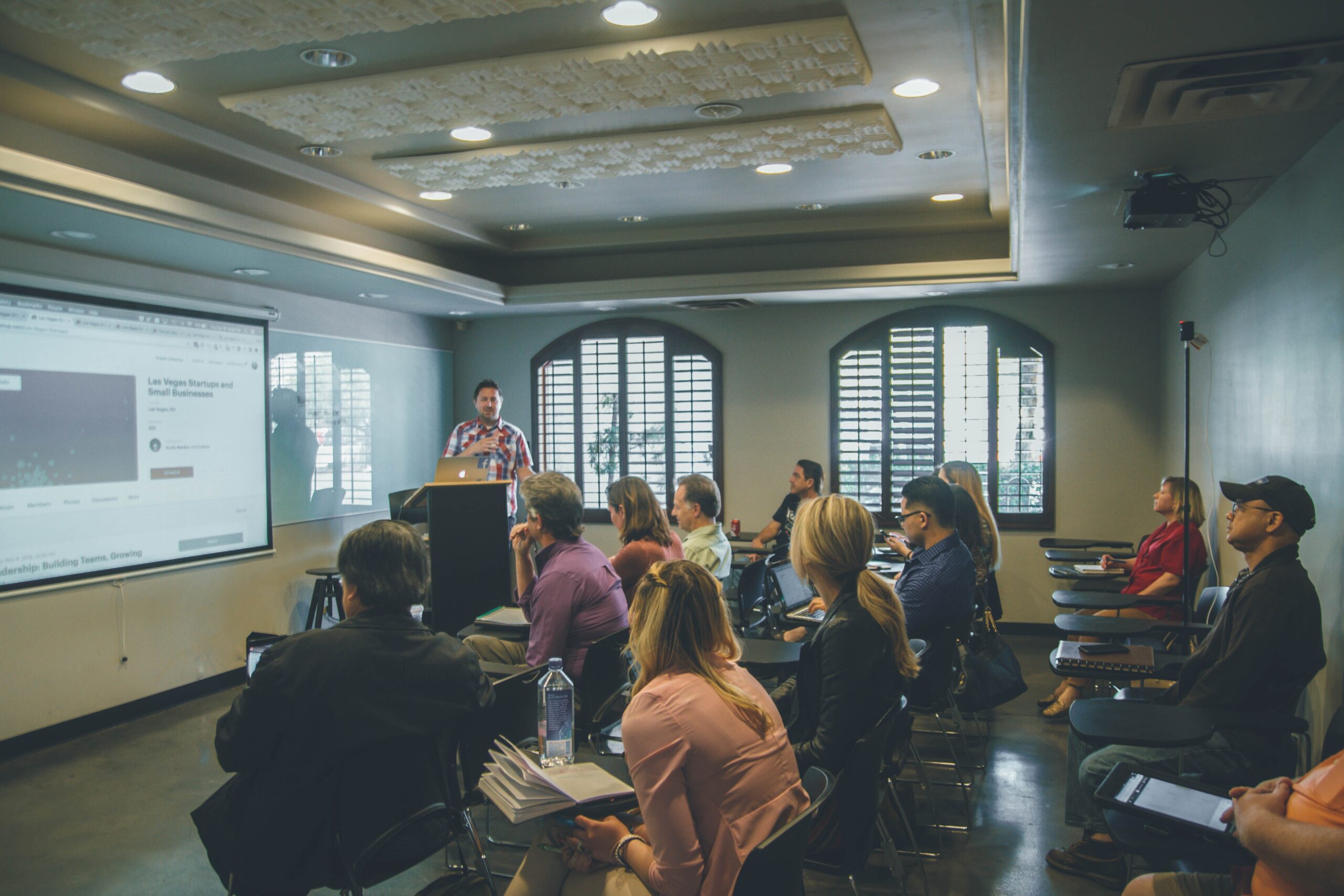Swales’ “The Concept of Discourse Community”(insert link) goes into much greater detail than that of which we talked about in class. I won’t bore you with the details of what a discourse community is because, well, since we’re in the same class, we’ve learned the same thing. John Swales goes over the requirements needed for a community to be required a discourse and I’ll be briefly summarizing his points.
Swales Discord community Outlines
- “A discourse community has a broadly agreed set of common public goals.”
Meaning, that in order to be a discourse community, there have to be goals you wish to achieve. Everyone has separate goals for themselves so just think of it as a common goal shared with others. Learning this concept was the easiest for me to get because it can apply to things beyond this. It all has to do with intention. For example, planning out your week in a journal. You can be doing that with the goal/intention of making sure you have time to get your work done. That’s a non-discoursal example but I feel like it helps put things in perspective. Swales uses the community he’s a part of, the umbrella organization, as an example, “The primary aims of the HKSC are to foster interest in and knowledge of Hong Kong stamps, including various printings and their postal uses.”
- “A discourse community has mechanisms of intercommunication among its members.”
There has to be more than one way of communicating with the members of the group. How’re you a group of people with one means of communication? What if something happens and there is no way of meeting in person? You might be in a discourse community that has members scattered around the world where time zones are different and people have different kinds of technologies. That’s why intercommunication is so important to have.
- “A discourse community uses its participatory mechanisms primarily to provide information and feedback.”
The main focus here is feedback. This is where members can openly talk and provide feedback to each other. Feedback or constructive criticism is essential for anything to grow. In this case, honesty might just be the best policy.
- “A discourse community utilizes and hence possesses one or more genres in the communicative furtherance of its aims.”
This one had everyone confused in class, including me. We’re so used to the definition of genre being the type of literature. But in this sense, genre is a direct solution or way to make the mechanisms of something easier. As a discourse community, problems may arise or schedules become messy. It’s essential to have a way of keeping the peace and not letting it become hectic. There should be some sense of professionalism.
- “…a discourse community has acquired some specific lexis.”
Lexis is the specific vocabulary used in a certain Discourse and can also be used to differentiate non-discourse members. Professor Friend gave a good example of this in class about when he used to work at Disney. If there was ever an emergency, they had codes for different kinds of catastrophic events like fires, accidents, etc.
6. “A discourse community has a threshold level of members with a suitable degree of relevant content and discoursal expertise.”
A well-rounded discourse community has a hierarchy of members and expertise. There may be some people just joining the group who barely know all the details compared to someone who has been there for years. When you join a club you look to ask questions to the members who’ve been there way longer. This concept to me goes hand in hand with sociology.
I’m excited to see how discourse communities really tie in with writing.





Leave a Reply